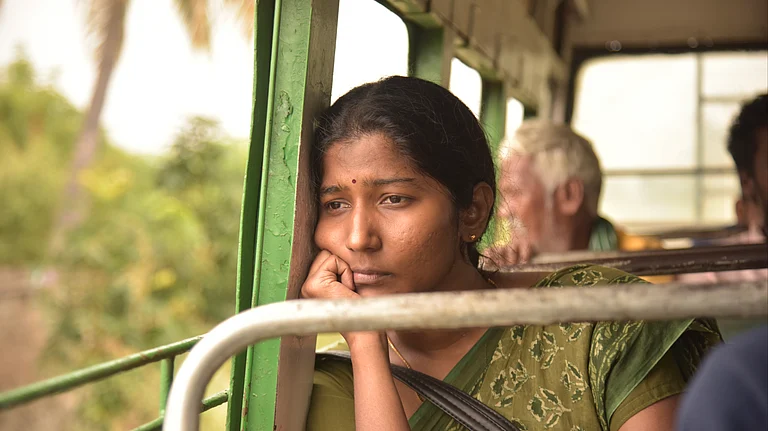The Supreme Court on Wednesday sought a response from the Centre to two pleas seeking transfer to the apex court the petitions pending in the Delhi High Court seeking directions to recognise same-sex marriages.
A bench comprising Chief Justice D Chandrachud and Justice P S Narasimha took note of the submissions of senior advocate Menaka Guruswamy that the pleas relate to the fundamental right to equality. “Issue notice,” the bench said. The bench was hearing separate transfer petitions filed by Kavita Arora and Nibedita Dutta.
The top court had on November 25 taken note of two pleas by two gay couples seeking enforcement of their right to marry and a direction to the authorities to register their marriage under the Special Marriage Act. The court had also sought the assistance of Attorney General for India R Venkataramani in dealing with the two pleas. The first plea was filed by gay couple Supriyo Chakraborty and Abhay Dang who live in Hyderabad.
The second petition has been filed by Parth Phiroze Mehrotra and Uday Raj. These two earlier pleas seek a direction for extending the right to marry a person of one’s choice to LGBTQ (lesbian, gay, bisexual, and transgender and queer) people as part of their fundamental right
In 2018, a five-judge Constitution bench, of which the present CJI was also a part, had delivered a path-breaking unanimous judgement holding that consensual sex among adult homosexuals or heterosexuals in private space is not a crime. It had struck down a part of the British-era penal law which criminalised it on the ground that it violated the constitutional right to equality and dignity.


























